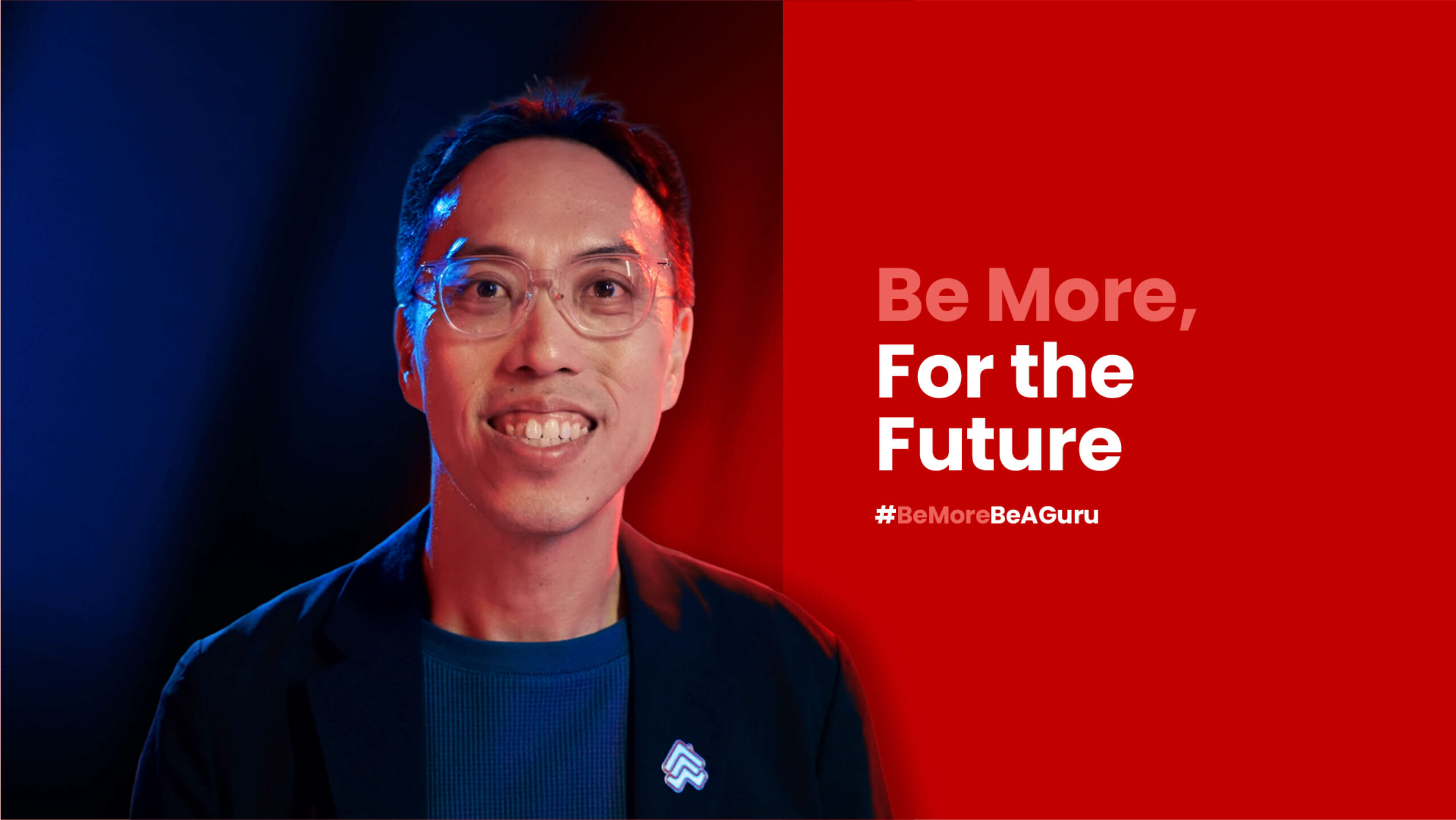
Real Estate Futurist

The foundations of tomorrow’s cities are not concrete but data. Laying the groundwork? Dr Lee Nai Jia, our research head and in-house real estate futurist. Driven by curiosity, inspired by societal needs, and empowered by the latest technologies, he is unearthing answers to questions shaping how Southeast Asia’s urban communities live, work and thrive.
From Academia to Action
Nai Jia’s journey to becoming “real estate futurist” began in academia, exploring the economic forces shaping urban landscapes. “Studying real estate exposed me to various disciplines like engineering, finance, and planning,” he recounts. “I became intrigued by how we can harness data and technology to inform better decisions that ultimately improve people’s lives.”This curiosity led him from campus to consulting, and eventually PropertyGuru, where he leads our research team, who are using data science to guide stakeholders through a rapidly evolving market.
Mapping the Mega-trends
For Nai Jia, being a futurist means identifying seismic shifts that will reshape cities in the coming decades. “We look at how demographics are shifting with an aging population and the rise of Gen Z’s. We examine climate change’s impact, and the need for sustainable development. And we can’t ignore how technologies like AI and remote work will change life and work,” he explains.
The challenge? Separating signal from noise in a time of profound disruption. “It’s tempting to get caught up in the hype. Our role is to use PropertyGuru’s rich data to project how these forces will converge and advise stakeholders how to adapt.”
Pushing Past Green Building Inertia
Nai Jia sees an urgent need for data-driven intervention in sustainability. While there’s growing consensus on green building’s importance, adoption remains sluggish due to individual apathy and financial constraints.
“People struggle to recognize their individual impact when climate change seems overwhelming,” he explains. “There’s a tension between sustainability and day-to-day financial pressures, especially for lower-income groups.”
Nai Jia elaborates: “If we think about ride-hailing drivers, they need to drive to earn a living. When we impose initiatives to reduce driving because of carbon footprints, it impacts their livelihood. Similarly, green buildings are often more expensive, which is why we see higher-grade sustainable buildings usually in the luxury segment.”
Nai Jia’s solution lies in leveraging data to make sustainable living benefits tangible and accessible. “By quantifying the cost savings and health impacts of green buildings, we can make the value proposition concrete. And by segmenting the analysis, we can design targeted incentives for different groups. The goal is progressive behavioural change, not demanding overnight sacrifices.”
Democratizing Data, Empowering Decisions
Nai Jia sees PropertyGuru’s data capabilities as key to addressing a range of urban challenges, from housing affordability to the future of work. “We’re going beyond typical price-to-income analysis to much more granular segmentation,” he shares. “For example, we can pinpoint where fresh graduates can realistically afford to live, or spot neighbourhoods at risk of gentrification. This kind of targeted insight can shape everything from development planning to housing policy to promote inclusive growth.”
Nai Jia emphasizes mobility data’s importance: “By analysing how people move and interact with their environment, we can inform stakeholders about infrastructure and amenities needed to enhance quality of life while reducing physical footprint.”
The common thread is democratizing access to data in an industry long defined by information asymmetry. “By making comprehensive, timely data available to everyone from developers to policymakers to consumers, we empower evidence-based decisions. No dataset is perfect but it’s a marked improvement in transparency.”
The Talent Equation
To drive this transformation, Nai Jia seeks creative data analysts who see constraints as creative challenges. “We’re tackling complex urban problems where the data is often imperfect and the solutions not obvious. It takes intellectual curiosity to keep probing the data in novel ways, and a passion for translating insights into real-world impact.”
His pitch reflects our evolution from a listing’s portal to an aspiring urban changemaker. “This is a place to do purpose-driven work shaping how we live. If you want to stretch your skills while making a difference to the urban fabric we inhabit, join us in pushing data’s boundaries.”
“When you join PropertyGuru, you get a lot of support, technology, and access to data and insights to do purpose-driven work,” he enthuses. “That’s rare in today’s PropTech companies. We’ve evolved far beyond property listing business to make significant changes in our urban environment and our lives.”
As our cities stand at an inflection point, unlocking real estate data’s power will be key to charting a path forward. And with evangelists like Nai Jia leading, the future looks clearer. In the mission to build smarter, more liveable urban spaces, PropertyGuru bets that data will be the ultimate differentiator.
For Nai Jia, that mission is personal: “I have kids. I want them to live in a better world than I am living now. And being a researcher, I understand the kind of climate risks we are facing. That’s why doing work for future generations is so important to me.”
These are the stories of those who dare to be more.

© 2024 PropertyGuru - All rights reserved